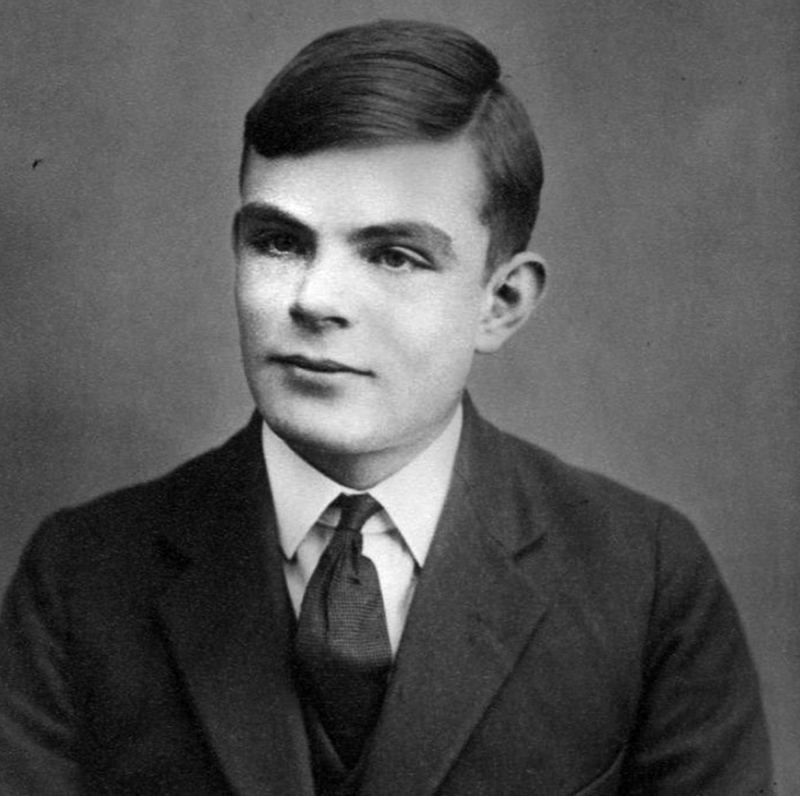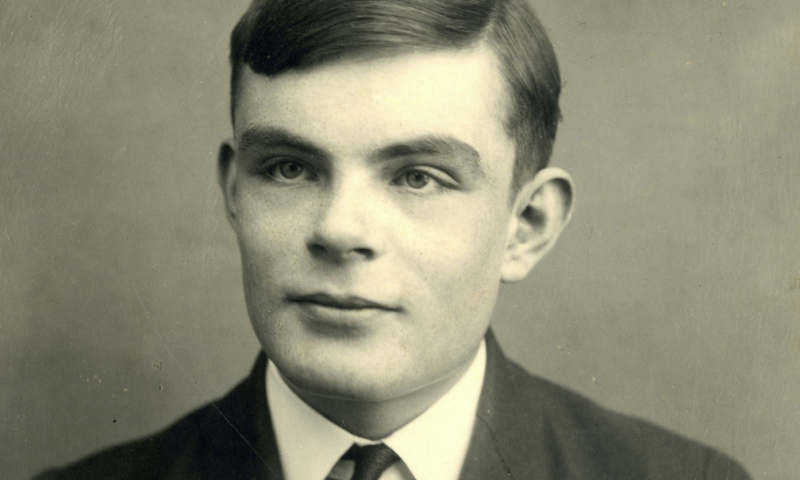Alan Turing
Alan Mathison Turing OBE FRS was a gay British mathematician and logician who made major contributions to the fields of mathematics, cryptanalysis, logic, philosophy, and mathematical biology. Turing had a significant impact on the growth of theoretical computer science by formalizing algorithm and computation principles using the Turing machine, which is a model for a general-purpose computer. His contributions to theoretical computer science and artificial intelligence are largely regarded as his legacy. He earned a mathematics degree from King's College in Cambridge. He earned his PhD from Princeton University's mathematics department in 1938. Turing worked with the Government Code and Cypher School (GC&CS), a British code-breaking facility that created Ultra intelligence, during the Second World War.
Computer science, cognitive science, and artificial intelligence were all revolutionized by him. Turing also created the first methodical approach for decrypting messages using the advanced German encryption machine known as "Tunny" that the British developed in 1942. At the time, homosexuality was illegal, and Turing was found guilty of "gross indecency," which barred him from ever again working at the Government Communications Headquarters. He was given a series of hormone injections to lower his desire, and at the age of 41, he committed suicide. His insights played a crucial role in the triumph of the Allies in World War II.
Detailed information:
Full name: Alan Mathison Turing OBE FRS
Date of birth: 23 June 1912
Date of death: 7 June 195
Known for:
- Cryptanalysis of the Enigma
- Turing's proof
- Turing machine
- Turing test
- Unorganised machine
- Turing pattern
- Turing reduction
- "The Chemical Basis of Morphogenesis"

















